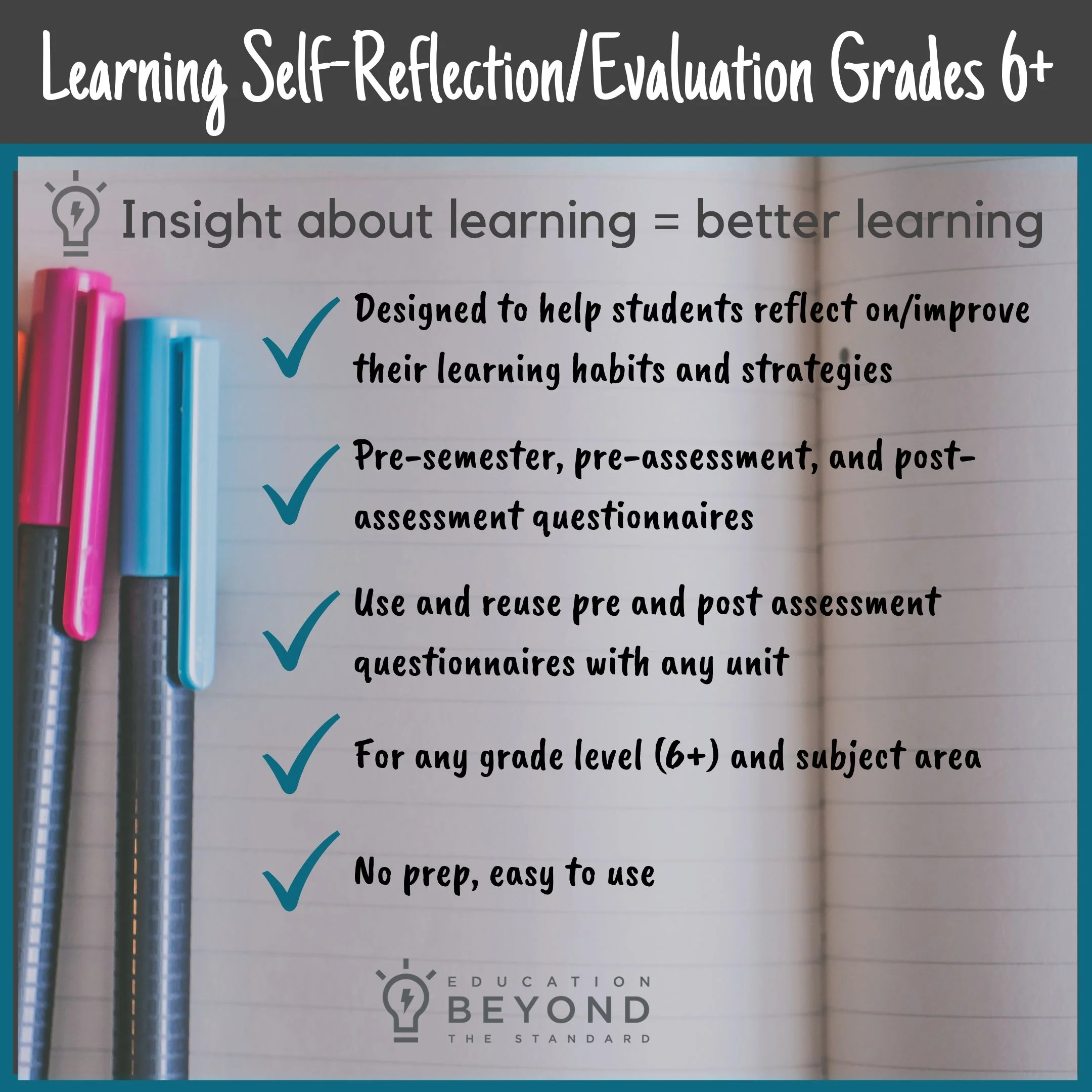How to Find the Right Tutor for Your Child
/If you’ve decided that your child would benefit from tutoring, how do you go about finding a great tutor and making sure he/she is a good fit for your child? With so many companies and individuals offering tutoring services, it can be hard to know what will work best for your student. Word to the wise: tutoring is not a one size fits all scenario. It’s best to carefully think through what your child would benefit from and let that guide you in finding a great tutor.
First Step: Reflect
Here are a few questions to reflect on that will help you identify what you’re looking for in a tutor.
Does my kid need help in just one subject area or several? Would it be helpful to have a tutor who is experienced/knowledgeable with different subjects?
Does my kid have specific learning challenges that I’d like a tutor to be familiar with/sensitive to?
Is time/convenience/transportation an issue? Does my kid feel comfortable with and enjoy using a computer? Would virtual or in-person tutoring be a better fit?
Does my kid struggle with organization, remembering and meeting deadlines, and/or study habits and skills in general? Would it be helpful to have a tutor who is well versed in these common academic issues and able to propose solutions?
Does my kid lack confidence in a subject or school in general? Would it be beneficial to work with a tutor who understands these issues and can help my child build his/her academic confidence?
What Makes a Great Tutor: Look for These Qualities
With your child’s needs better defined, you can now identify potential tutors. A great tutor will have the following qualities:
Experience tutoring, teaching, coaching, and/or working with kids
Personable and easy to communicate with
Expertise/experience with the subject matter
A growth mentality (focused on improvement)
Caring and invested in students’ progress
A holistic approach that seeks to build study habits and academic confidence
How to Find a Great Fit for Your Kid
Individual vs Tutoring Company
While there are many companies that offer reasonably priced tutoring, both in person and online, from my experience I strongly recommend choosing a person, not a company that will assign one or possibly a revolving door of (often poorly paid) tutors to work with your kid.
As a former classroom teacher and longtime tutor, I’ve become familiar with the hiring practices and approaches of many tutoring companies, and I believe that parents are better off going with a well-qualified individual tutor who works with a handful of students than a company whose business model depends on having hundreds or thousands of students (and tutors) on its roster. Successful tutoring is highly personal: it starts with the rapport between your child and a caring tutor who’s invested in your child’s academic growth.
Subject Matter Expertise PLUS Teaching Ability
We all probably remember that one teacher who was a subject matter expert but whose explanations went right over our heads. There’s a huge difference between knowing a topic well and being able to break it down in a way your kid can understand and master. Having a background in education helps, but good teaching is both a science and an art. A great tutor can break down a complicated topic and effectively reteach it to your kid. A great tutor can also get right to the heart of your child’s academic challenges (Is it just difficult material or are there gaps in skills from previous years? Motivation/study habits issues?) and start addressing them.
Virtual vs In Person
I’ll discuss this topic more in a later post, but here is a helpful infographic to break down the differences between online and in person tutoring. Infographic courtesy of Kristin Craig.
Where to Look
You can start by asking around: ask your kid’s teachers or school administrators (note that some schools have a policy prohibiting tutor recommendations), ask other parents, ask neighbors, etc. You’ll probably get some great recommendations. If not (or in addition), you can look online on freelance sites like Upwork, Guru, Craigslist, etc.
It’s always best to meet with potential tutors face to face, or via video call (FaceTime, Skype, Google Hangouts, etc.) prior to setting up tutoring. If that’s not possible, exchange emails, texts, or have a phone conversation to get a feel for their communication style and personality. Hire a tutor only after you feel comfortable that person is a good fit for your child.
Questions to Ask Potential Tutors
Do you work with students in-person at an office, in students’ homes, or online?
What subjects and grade levels are you comfortable with and experienced in tutoring?
Do you have a background in the field of education? Have you worked with (elementary, middle, high school) kids?
How would you describe your approach to tutoring? (Look for someone who has an individualized, holistic approach.)
If applicable: have you worked with students with special needs or learning challenges? (Not necessarily a deal breaker if the tutor seems open to learning about it and otherwise seems like a great fit.)
If applicable: do you work with kids on improving their organization or study habits and skills?
What are your payment and cancellation policies?
When or how often do you communicate with parents? (Look for someone who seems open to communicate with and involve parents as needed.)
Based on a detailed description of my child’s difficulties, how many days/hours of tutoring would you recommend per week? (This is of course ultimately your decision as a parent, but it’s helpful to hear what an experienced tutor recommends.)
If you found this article helpful, please feel free to share on social media and tag me in the post. Parents, please let me know if you have any other questions or would like to share any experiences in the comments below!





